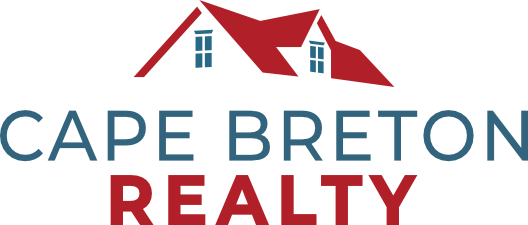By Sherry MacLeod
Managing Broker at Cape Breton Realty
Buying a home is one of the biggest financial decisions most people will make in their lifetime. While the excitement of finding your dream house can be a lot, it’s essential to remember that the process doesn’t end with an accepted offer. One of the critical steps in the homebuying process is securing mortgage approval, and maintaining that approval requires careful financial management until closing day.
Once a lender has reviewed your finances, consistency is key. Buyers often overlook the importance of avoiding any significant changes that could jeopardize their mortgage application. A change in your finances can raise red flags for lenders, leading to potential delays or even the withdrawal of mortgage approval. Therefore, it’s crucial to remain steady in your financial habits during this period between approval and closing.
One of the most common mistakes buyers make is changing bank accounts. While it may seem harmless, lenders prefer to see a stable financial history in the account you initially provided. Similarly, applying for new credit—whether it’s a credit card, personal loan, or any other form of borrowing—can negatively impact your credit score and alter the lender’s perception of your financial reliability.
Another surprising tip for homebuyers is to resist the urge to purchase new appliances or furniture for your soon-to-be home. While it may be tempting to start making your new space feel like home, these purchases can strain your finances and complicate your mortgage approval process. Remember, any large expenditure can affect your debt-to-income ratio, a critical factor in securing your loan.
The best advice for anyone in the homebuying process is to consult with your lender before making any significant financial decisions. Their expertise can provide clarity and help you navigate the process. Whether you’re contemplating a job change, considering a large purchase, or thinking about taking out a new loan, always check in with your lender first.
Statistics show a large percentage of home buyers buy a new car the same year as a new home. The timing of this should be after you own your home. Not before or during the process of getting a mortgage. The bank usually does a last minute credit bureau update before closing. If you were kicking tires at 5 car dealers and they ran your credit bureau you are loosing points. Note they don’t always tell you they are running your credit. Each time your credit is run, it lowers your score. If you actually bought a car, the amount of payments you can afford changes. It can mean you no longer qualify. Same goes for shopping for appliances, hot tubs, swimming pools, new heating systems, etc.
Another very common thing is to change jobs. One of the last things a lender does is to confirm your employment. If you were working at ABC Ltd and brought a letter of employment to your bank when applying, the day before closing the underwriter for the mortgage calls the employer to verify your employment. And yes this a standard practice. If you are planning to change employment, tell the lender at the time of applying. It can mean the bank withdrawing your approval and causing you to loose your dream home if you are not careful.
In conclusion, the path to homeownership is paved with important decisions that can significantly impact your mortgage approval. Your Realtor will advise you of things you should or should not do prior to your purchase. By adhering to these guidelines and maintaining open lines of communication with your lender, you can help ensure a smooth transition to your new home.


